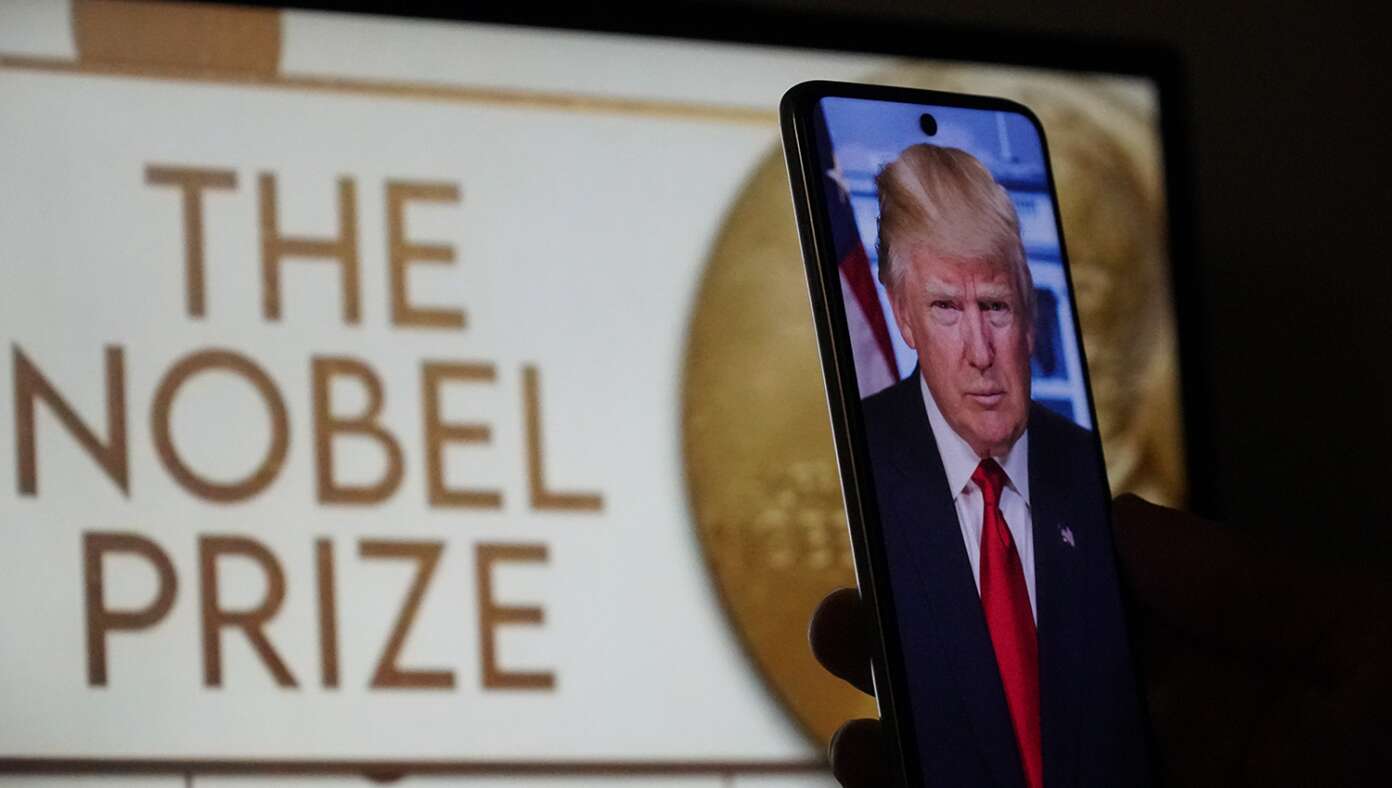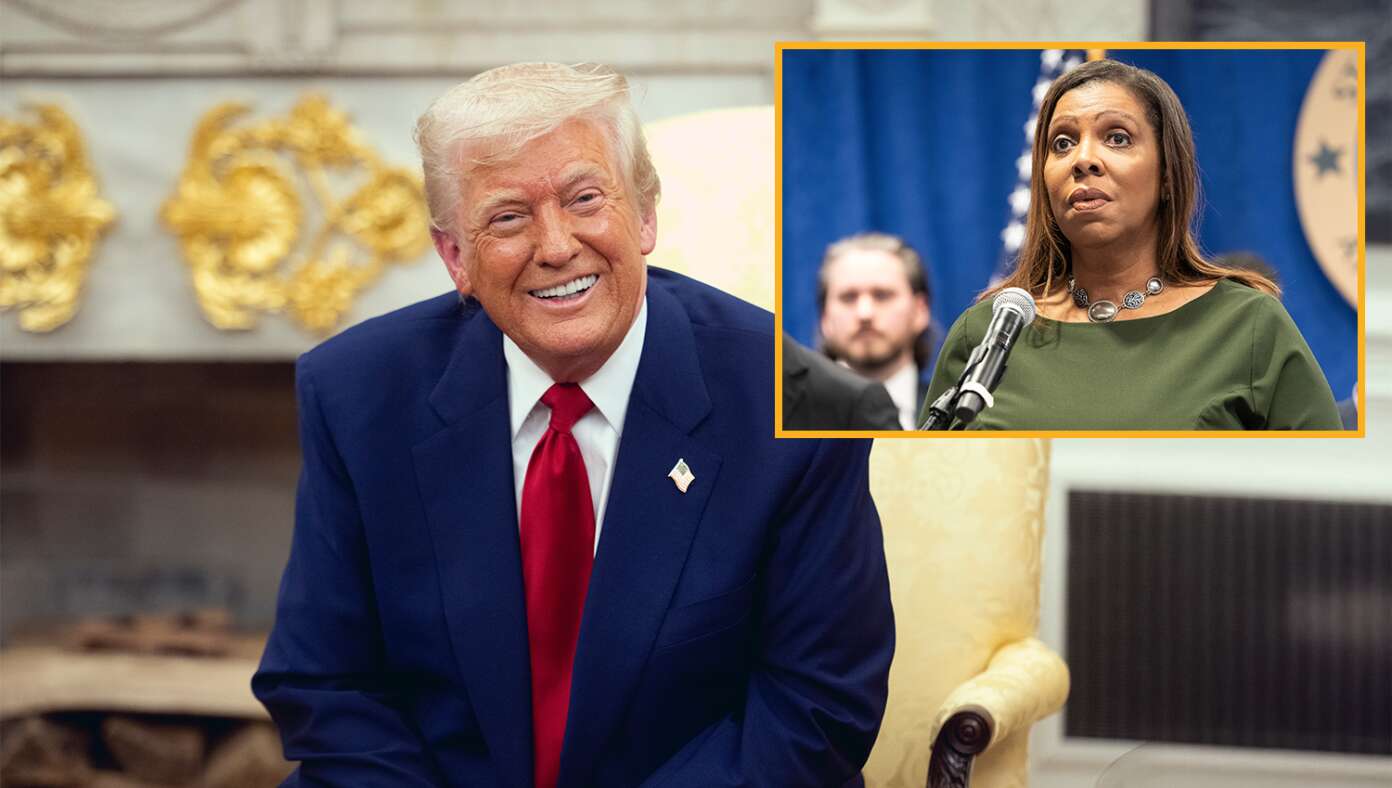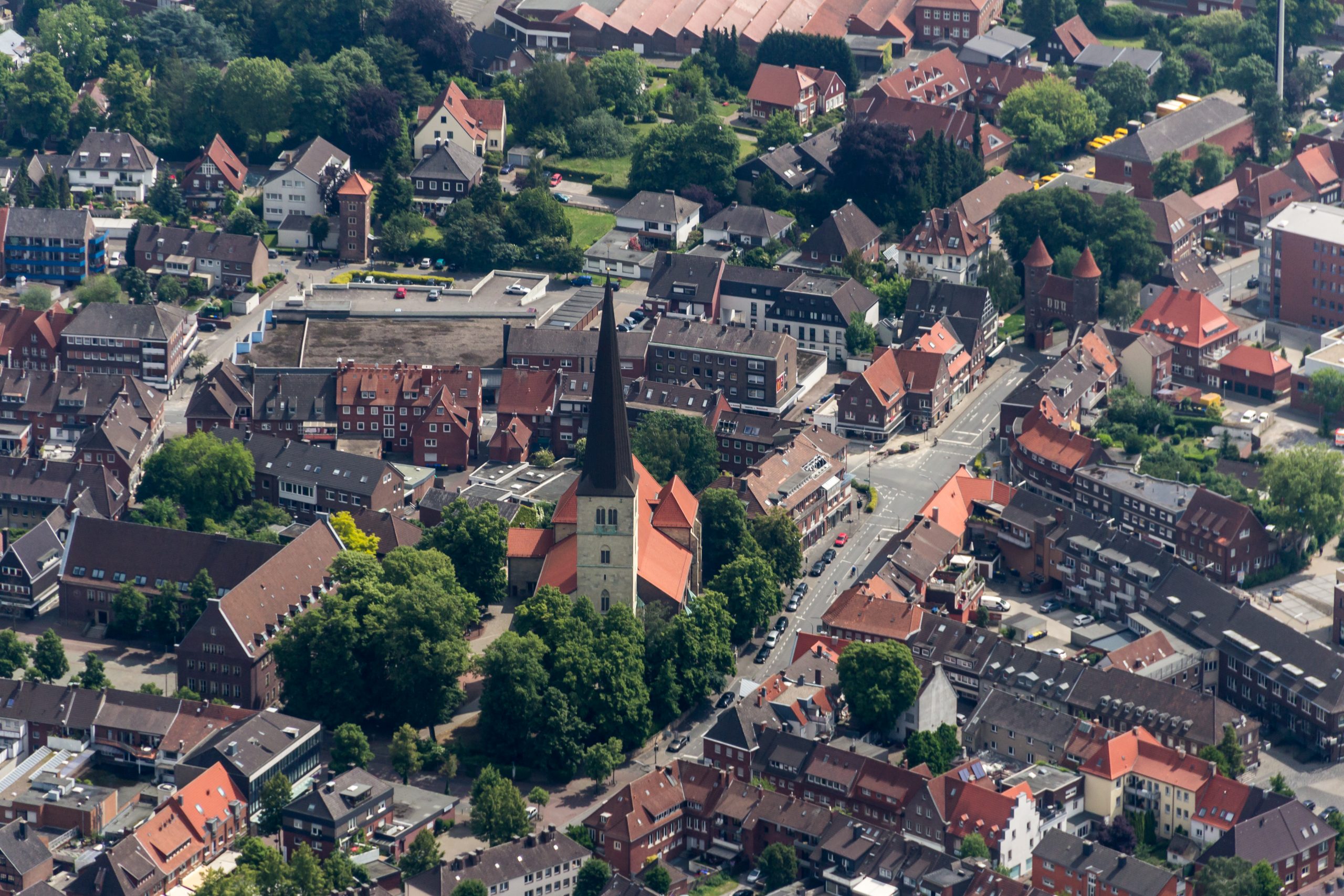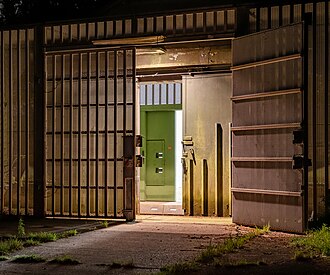
While many were surprised that President Trump was passed over for the Nobel Peace Prize, the fact of the matter is there were several nominees who were simply more deserving. Here are seven other individuals who were also ranked by the Nobel Committee ahead of Trump:
Read More

